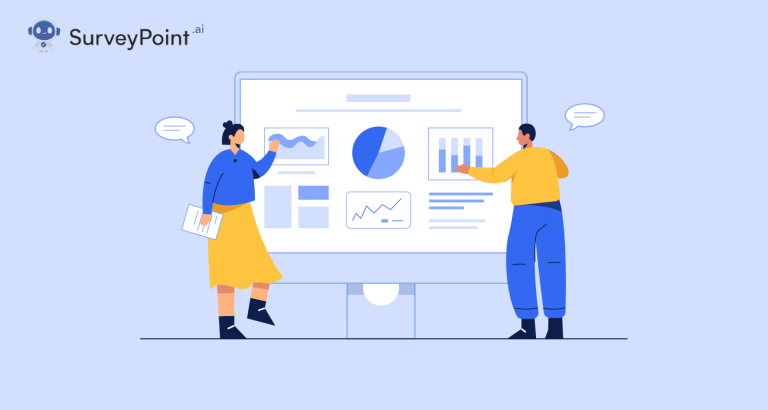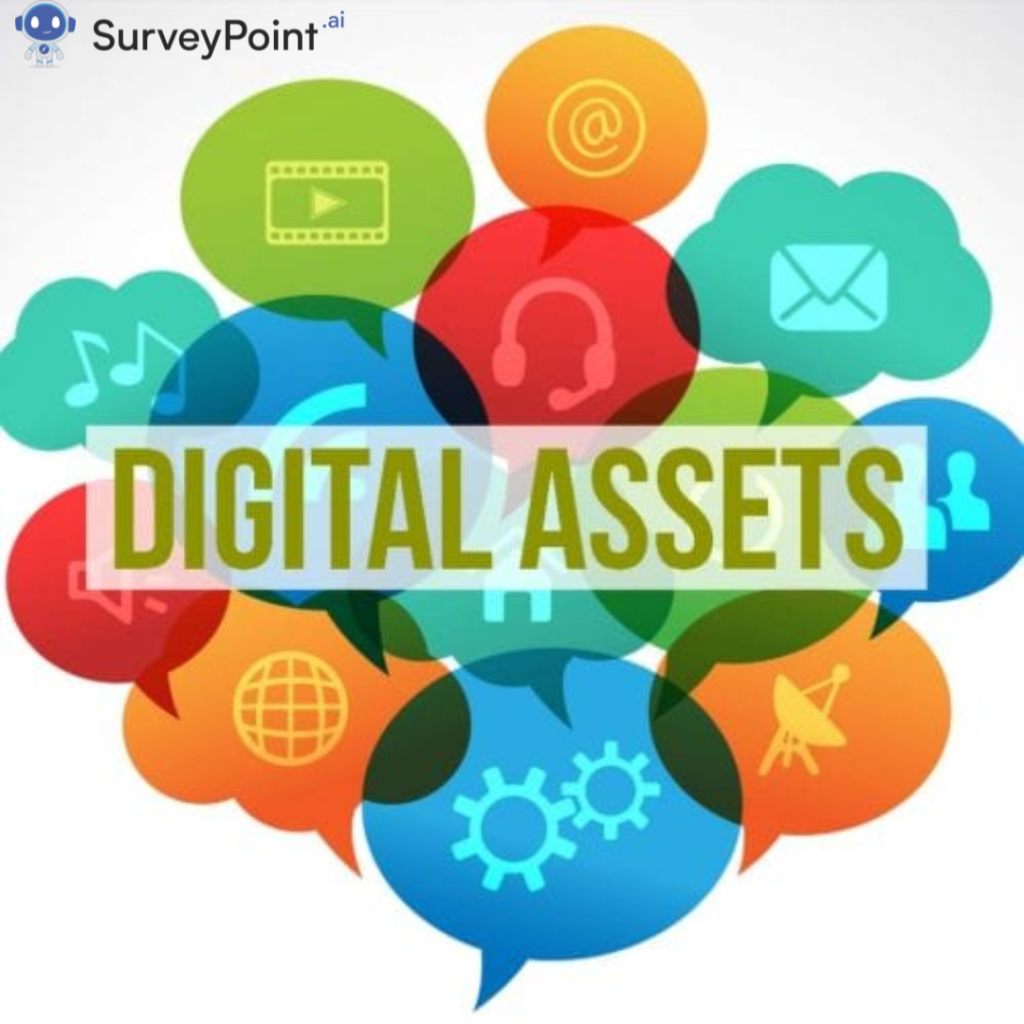
Every component of the company is affected by a myriad of variables. How can you take those into account and gauge their actual significance? A statistical tool can reveal the effects of individuals on business by using regression analysis.
Now, let’s say you’re interested in learning what causes customers to buy your company’s goods. Everything from the whereabouts of your clients to the amount of happiness experienced by your sales staff to the results of the competition on Black Friday is fair game.
By analyzing the correlations between these variables and product sales, you can better target your efforts and ultimately boost revenue.
Unless you’re a data analyst or business analyst, you probably won’t be operating regressions on your own. However, understanding how they work can help you know which aspects of your product contribute to sales, which can help you prioritize your efforts.
How Is Regression Analysis Used In The Business World?
When used with other business analytics tools, regression statistics can provide light on the meaning and potential application of a company’s data. The experts in the field of data analysis utilize this powerful statistical method to whittle down the number of variables to just those that matter most to the company.
Some applications of regression analysis are as follows:
Predict the future with precision
- Businesses frequently employ regression analysis for forecasting and planning purposes. For instance, when trying to forecast sales for the coming year, many factors will interact to produce an outcome.
- By analyzing historical data, regression analysis can help you decide which factors will be most influential in your projections and predictions.
Find the bottlenecks
- Whether in their people, processes, or machinery, employing regression equations can help businesses pinpoint weak areas for improvement.
- Car manufacturers, for instance, can use regression analysis to forecast future orders in light of macroeconomic and climatic conditions. They can use the first regression equation to calculate how many workers and what kinds of tools are required to fulfil customer demands.
Motivate wiser choices
Owners and leaders are constantly thinking about ways to improve processes or business outcomes. But without access to reliable data, they are left to rely on gut sense, which isn’t always reliable.
This is especially significant when discussing financial matters. To what extent, for instance, and at what price point, would a price increase impact sales in the coming quarter?
By conducting statistical analysis, this is possible to determine. Using past data, regression analysis can shed light on the connection between price increases and revenue.
RELATED: Nominal Data Analysis: Definition & Steps
Frequently Asked Questions on Regression Analysis
Before diving headfirst into the regression approach’s intricacies, let’s look at some of the most often-asked questions.
Q1. In what way does multiple regression analysis help?
An analysis of multiple regression predicts the value of a dependent variable using multiple independent variables.
Q2. What do you call the variable used as a predictor in a regression analysis?
An independent variable employed in regression analysis is referred to as a predictor variable.
An outcome can be predicted with the help of a predictor variable, which describes the state of the dependent variable. Simply put, predictor variables are those that have been shown to have a correlation with a given result.
Applying Regression Analysis Model in Real World
Credit Card
- Credit card firms use regression analysis to learn about their customers’ propensity for specific actions, their ability to make responsible financial decisions, and other similar phenomena.
- All of this information is useful in deciding which EMI strategies to adopt for the business.
- This will make it easier for credit card issuers to identify potentially dangerous clients.
Budgeting and Money Management
- Ordinary Least Squares (OLS) analysis, a more complex version of simple linear regression, provides a more nuanced explanation for why the line of best fit is located where it is.
- Capital Asset Pricing Models (CAPM), which describe the relationship between investment returns and risks, are commonly used statistical models.
Pharmaceutics
- The pharmaceutical industry utilizes the procedure for analyzing quantitative stability data to predict the product’s shelf life. Since it illustrates the fundamental relationship between quality and time, it is an excellent indicator.
- Regression analysis helps doctors determine if adjustments to a patient’s dosage will result in a noticeable change in blood pressure.
RELATED: The Right Time and Way To Do Quota Sampling
Conclusion
Regression analysis is useful for deciphering the factors at play in complex research queries. If you use statistics properly, you’ll be able to make more profitable judgments, more efficiently allocate your resources, and get a much larger return on investment.
Regression analysis is a crucial tool when making educated business decisions and maximizing profits.
SurveyPoint enables users of all skill levels to gain insight from data, unearth hidden trends, and create prediction models thanks to its unique combination of robust statistical analysis and user-friendly interface. There’s no need to learn stats.
In addition to performing statistical analysis, it presents the results in an easy-to-understand and usable format. With prediction at your disposal, you can zero in on critical experience drivers, learn what impacts your business, employ optimal regression techniques, spot data problems, and much more.
Learn to work smarter, not harder!
Explore our solutions that help researchers collect accurate insights, boost ROI, and retain respondents.
Free Trial•No Payment Details Required•Cancel Anytime
Heena Shah – Content Writer at Sambodhi




